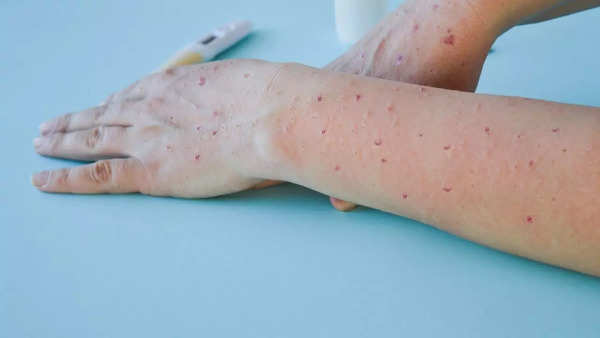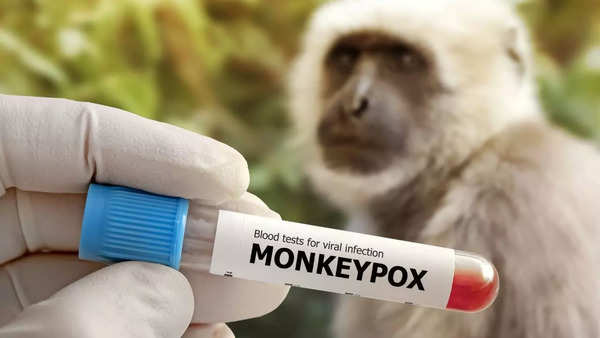The United States of America is the latest country to join the long list of countries affected by the Clade 1 strain of Mpox virus which tends to cause more severe illness than the Clade II strain that has been in circulation in the country for the past two years. According to the BBC, California’s Department of Health (CDPH) has confirmed the new case belonged to Clade I strain.
According to CDPH, the patient had travelled to East Africa recently. The person was diagnosed in San Mateo County, just south of San Francisco, and was isolated at home. Health officials are now reaching out to the potential contacts of the patient for further testing.
No community transmission of this strain of mpox has been suspected as per CDC officials. Mpox strain Clade 1B was found in Germany, Sweden, Thailand and India, but no widespread transmission has been reported.The World Health Organisation (WHO) declared mpox a global health emergency a few months back after an outbreak triggered by a new mpox strain, starting with Democratic Republic of Congo spreading to different parts of Africa and even beyond the continent.

Mpox remains a concern
Mpox cases continue to spread and during an online media briefing recently Africa CDC Director-General Jean Kaseya said 19 African countries have reported 53,903 mpox cases, with 11,147 confirmed and 1,109 deaths since the beginning of this year.
“The anticipated overall risk of Clade I mpox to the general population in the United States from the outbreak in Central and Eastern Africa is low,” the C.D.C. said in a statement on Saturday.
Mpox is a zoonotic disease caused by Monkeypox virus belonging to the smallpox virus family. It can spread by direct contact with an infected person or an animal. As per CDC, the virus can make entry through broken skin, respiratory tract, eyes, nose, or mouth.

Symptoms of Clade 1
Clade 1 usually causes symptoms like high fever, severe headache, myalgia and enlarged lymph nodes. The skin lesions are usually extensive and often can cause scarring of the affected regions whereas Clade 2 is associated with milder symptoms.
Clade 2 is less infectious compared to Clade 1, with a lower rate of human-to-human transmission. The fatality rate for Clade 2 is less than 1%, making it less deadly than Clade 1. On the other hand, Clade 1 is associated with higher mortality rates. (estimated 1-10%), while Clade 2 is less infectious and is generally considered less deadly (estimated 0.1-1% mortality rate).
Mpox can be transmitted through three routes – direct contact with infected animals, close human contact, and exposure to contaminated secretions.
The human-to-human transmission spreads through respiratory droplets, contaminated fomites and direct contact. Infection can even spread from the pregnant mother to the fetus. Direct contact with wild animals that have the virus like rats or primates can also lead to transmission.
(Images courtesy: iStock)
Omicron not as severe as Delta, numbers tell us a unique story